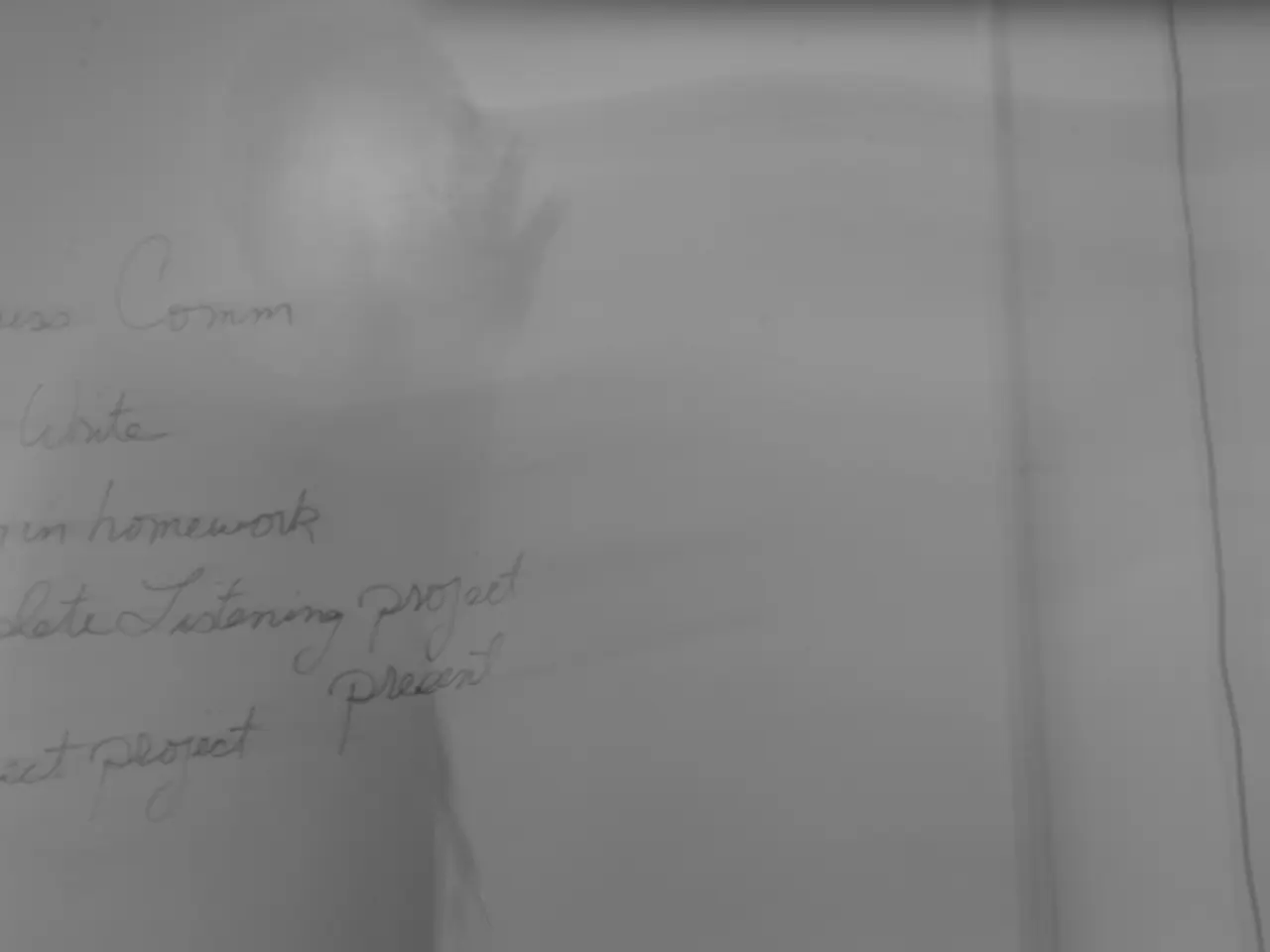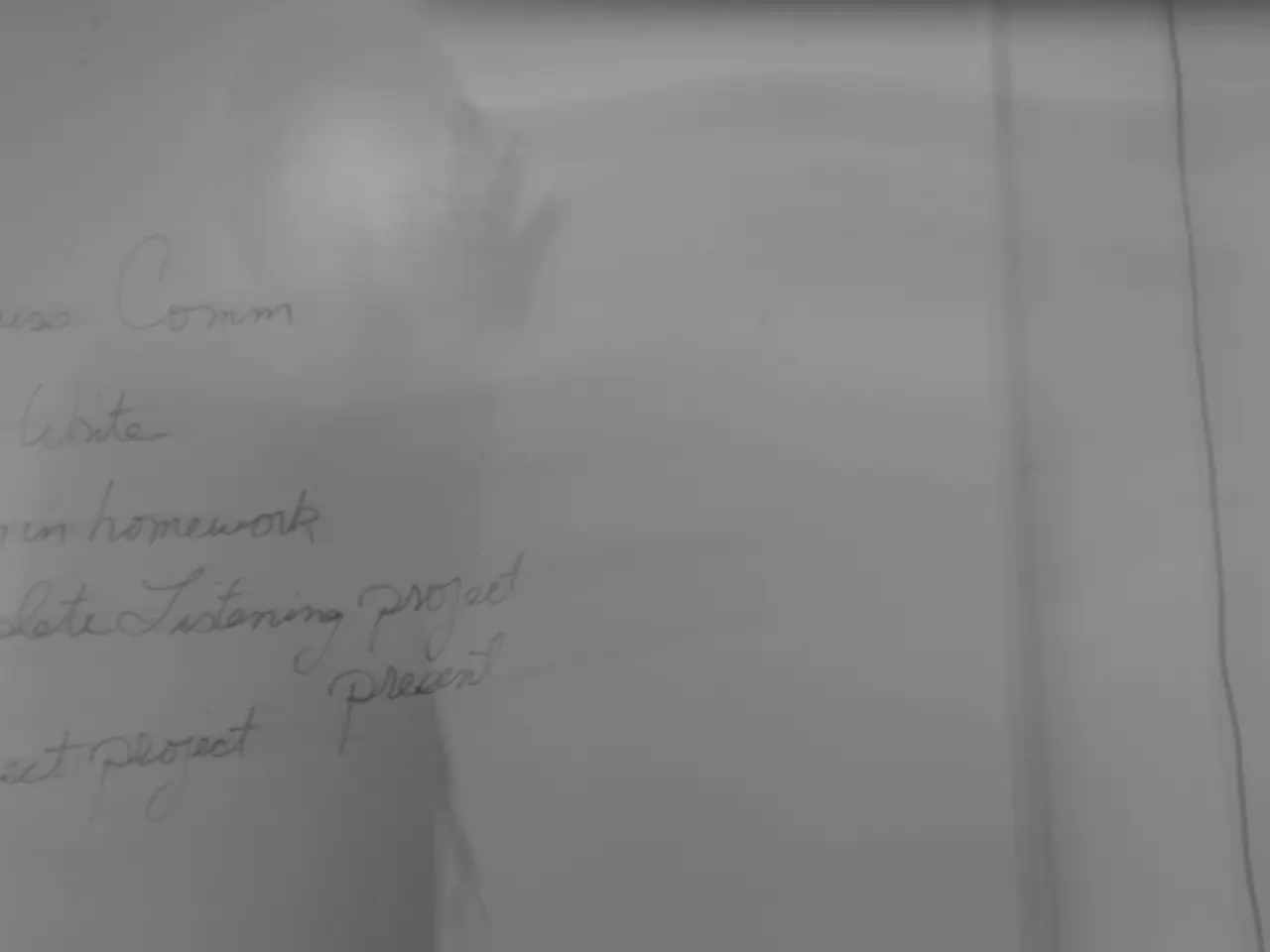Court postpones decision on Majithia's bail request until August 4th
Bikram Singh Majithia's Bail Hearing Concludes, Verdict Awaited
In a significant development, the bail hearing for Bikram Singh Majithia, a prominent leader of the Shiromani Akali Dal, concluded on August 1, 2025. The hearing, which lasted for two hours, was held at a local court.
Majithia, who is currently in judicial custody at Nabha jail, is embroiled in a disproportionate assets case. The court heard the submissions from both sides and has reserved its order, with the verdict now scheduled for August 4, 2025.
Advocate Arshdeep Kaler, who also serves as the legal advisor to the SAD, represented Majithia in court. During the hearing, Kaler argued that the state has failed to substantiate its claims against his client.
It is worth noting that Majithia was arrested on June 25, 2025, by the Punjab Vigilance Bureau under the Prevention of Corruption Act in connection with the disproportionate assets and money laundering case. His judicial custody has been extended multiple times, with the last extension noted until August 2, 2025.
In a related development, a petition seeking live streaming of Majithia's case has been filed by his counsel. The court is yet to decide on this matter.
Majithia is expected to be produced before the court via video conferencing on August 4, 2025, when the verdict on his bail application is expected to be pronounced. The next hearing concerning the bail application and related petitions will also be on August 4, 2025.
As the legal proceedings continue, the public awaits the court's decision on Majithia's bail application with bated breath. Stay tuned for further updates.
References:
- India Today
- The Tribune
- Hindustan Times
- The conclusion of Bikram Singh Majithia's bail hearing concerning the disproportionate assets case has sparked a flurry of discussion in India's general news, politics, and crime and justice sectors.
- As the court reserves its order on Majithia's bail application, policy-and-legislation discussions may ensue regarding potential reforms to the Prevention of Corruption Act, especially in light of the high-profile case.






